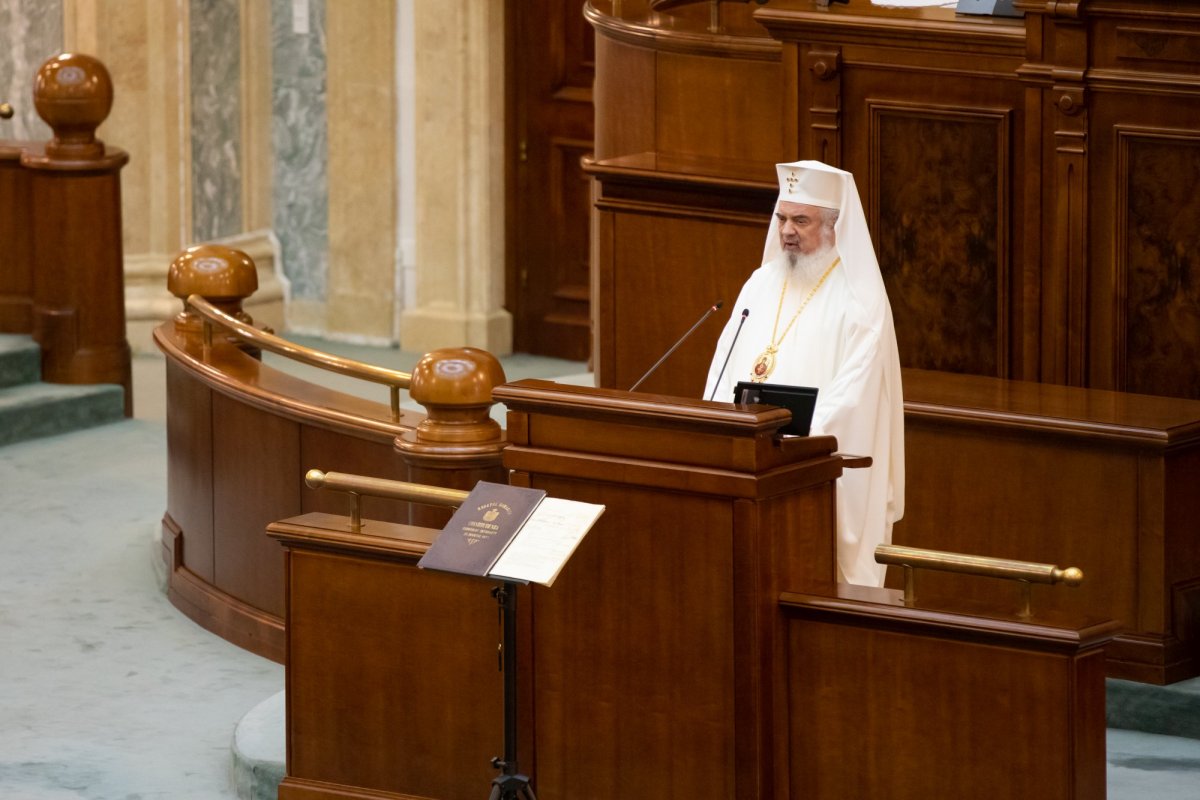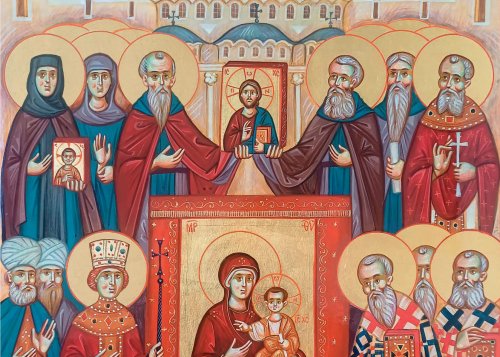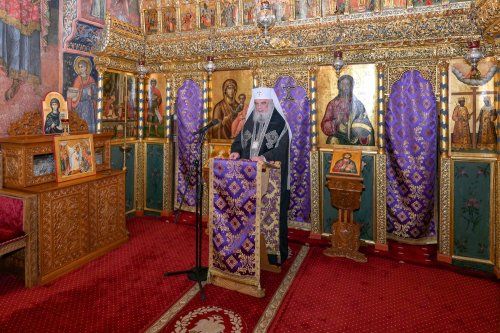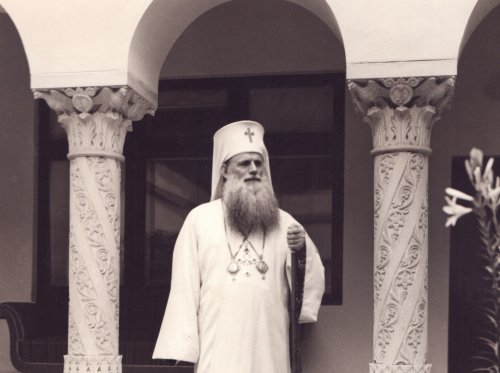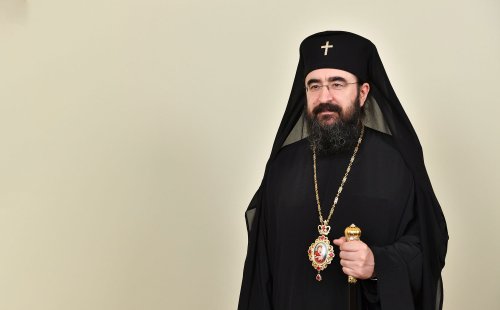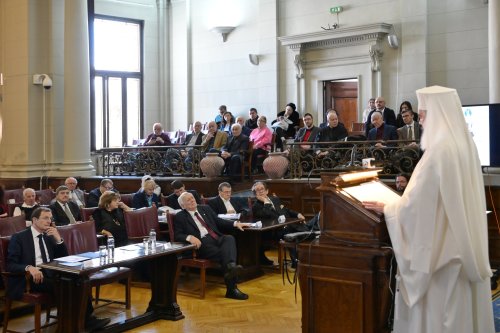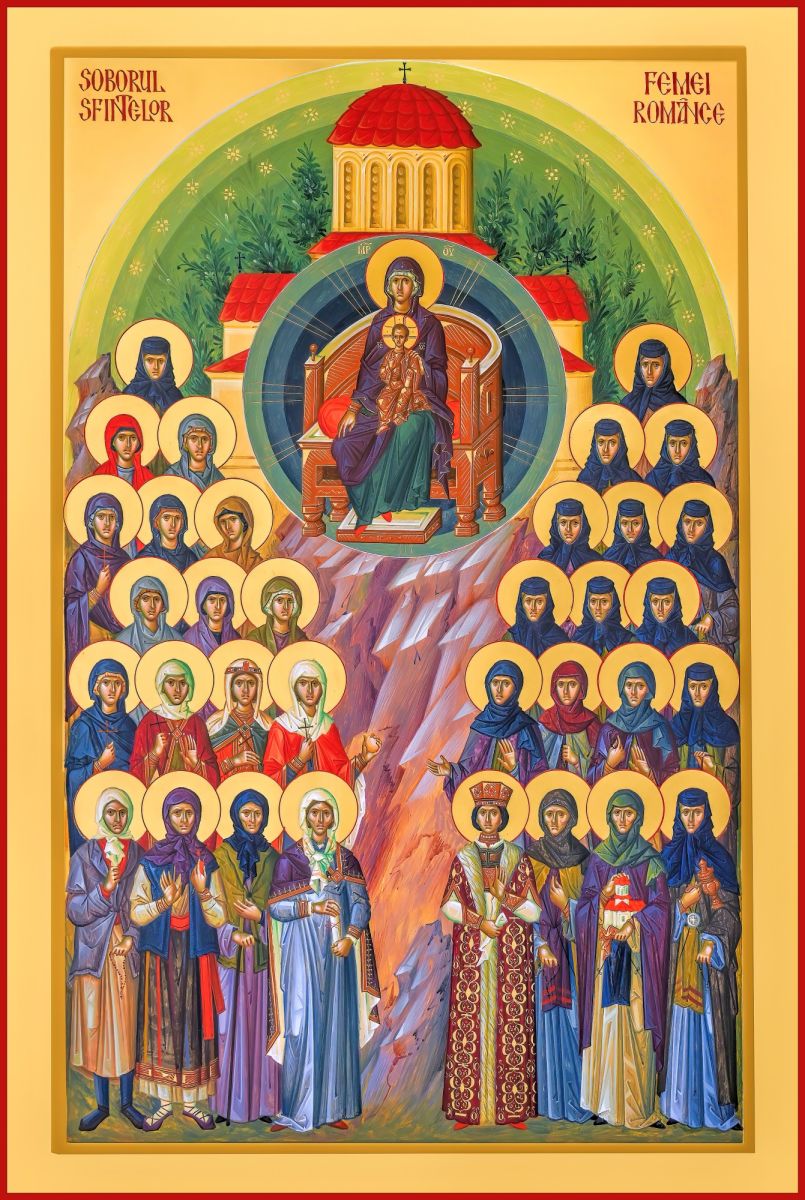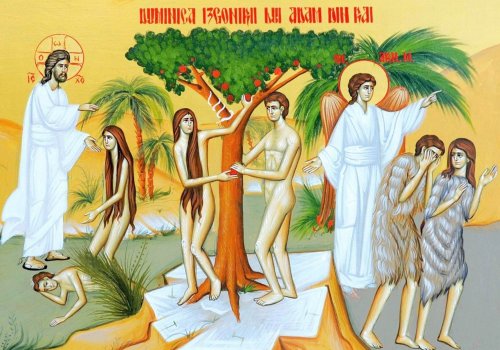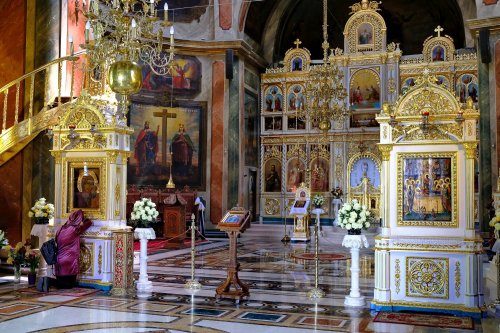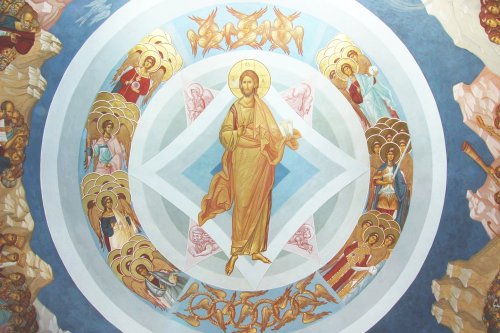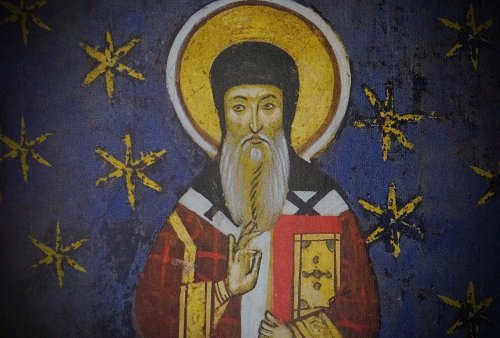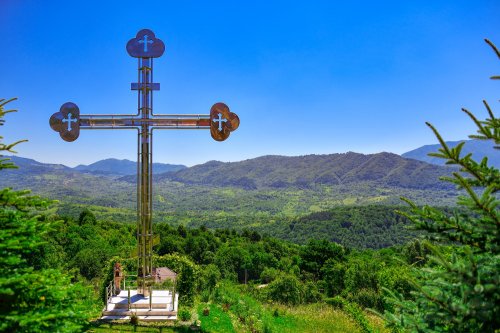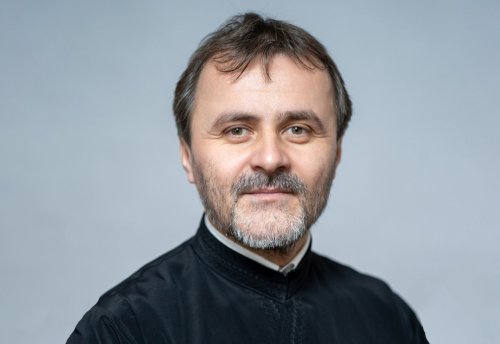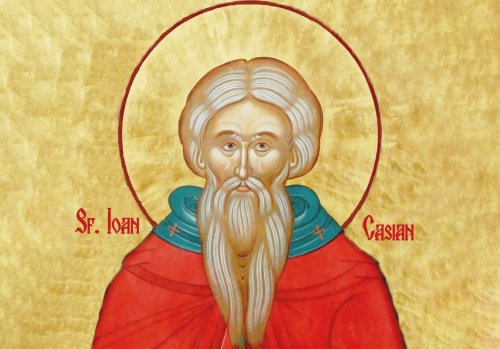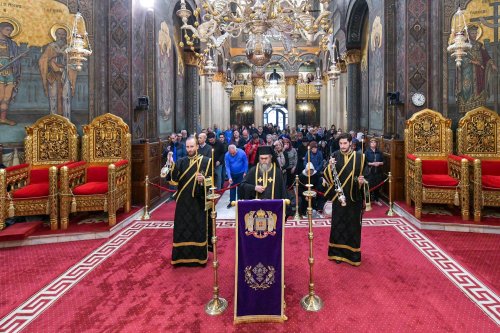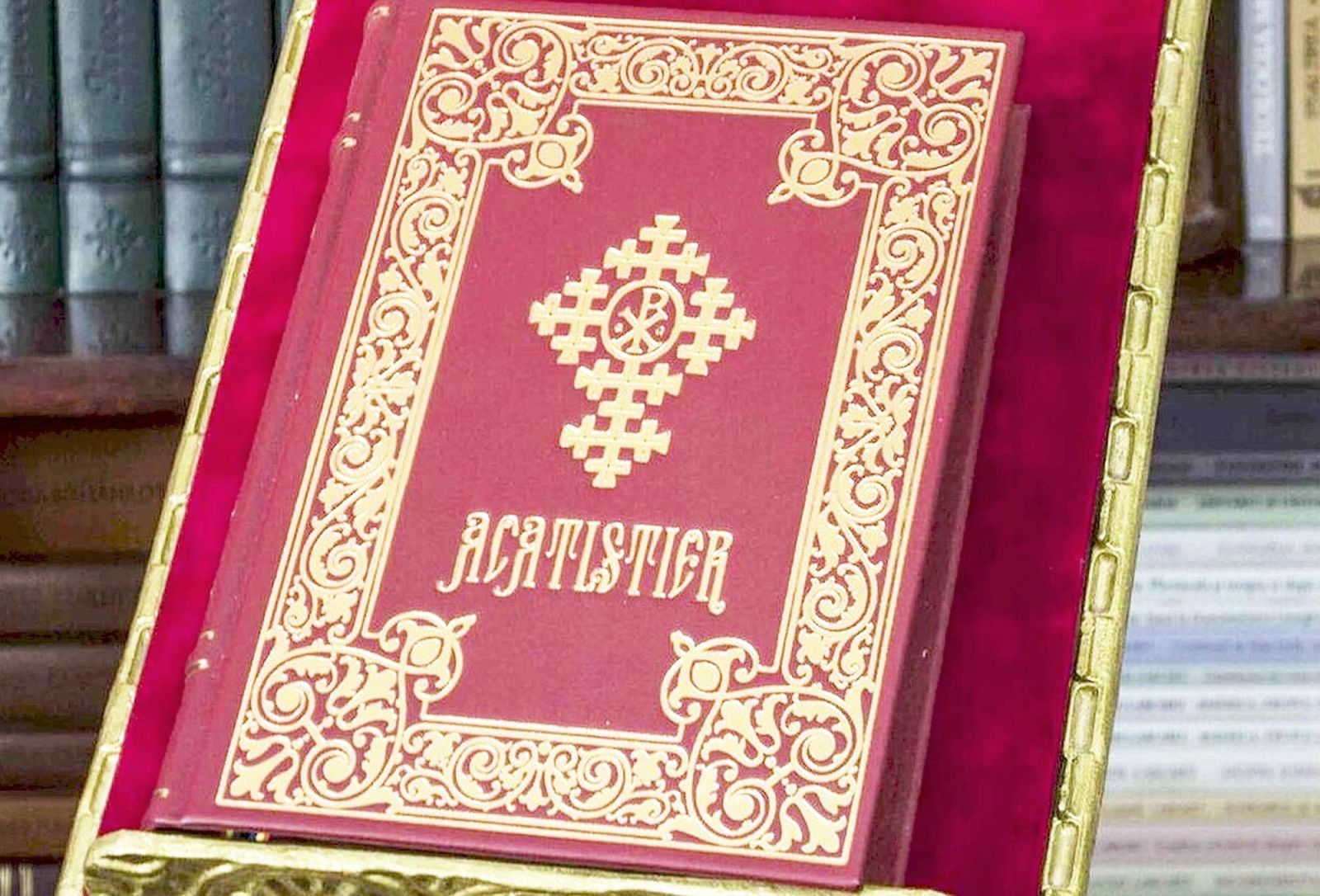Pastorala la Duminica Ortodoxiei Preacuvioși și Preacucernici Părinți, Iubiți frați și surori în Domnul, În lumina duhovnicească a începutului Sfântului și Marelui Post, Biserica ne pun
Aniversare solemnă a Constituției României din anul 1923
Ne exprimăm bucuria de a participa în Palatul Parlamentului la Adunarea festivă Centenarul Constituției României Întregite (1923-2023), pentru a-i omagia pe cei care au adoptat prima Constituție după Marea Unire de la 1918.
Marile schimbări din istoria unei țări generează și modificări ale Legii fundamentale, modificări care decurg din noile realități și creează premisele unor importante evoluții ulterioare în toate sferele societății.
Astfel, obținerea independenței României în anul 1878 a dus la proclamarea Regatului României în anul 1881, iar pe plan bisericesc, a făcut posibilă recunoașterea autocefaliei Bisericii Ortodoxe Române în anul 1885.
Întregirea României în anul 1918 și recunoașterea internațională a acesteia au dus la adoptarea unei noi Constituții în anul 1923 și la ridicarea Bisericii Ortodoxe Române, care reunea pe toți românii ortodocși, la rang de Patriarhat (1925).
Valorificarea Marii Uniri de la 1918 în viața societății românești s-a făcut și prin noua Constituție. Pentru Biserica Ortodoxă Română marile noutăți aduse de Legea fundamentală din 1923 au fost:
- Enunțarea constituțională a participării ierarhilor, clericilor și mirenilor la organizarea şi funcţionarea Bisericii Ortodoxe Române (1/3 clerici şi 2/3 mireni), după modelul Bisericii Ortodoxe Române din Transilvania, în perioada 1868-1918;
- Anunțarea a două legi organice: o lege specială, privind Biserica Ortodoxă Română, care „va statornici principiile fundamentale ale acestei organizaţii unitare, precum şi modalitatea după care Biserica îşi va reglementa, conduce şi administra, prin organele sale proprii şi sub controlul Statului, chestiunile sale religioase, culturale, fundaţionale şi epitropeşti” (art. 22, alin. 7), şi o a doua lege, vizând „raporturile dintre diferitele culte şi Stat” (art. 22, alin. 10), respectiv Legea cultelor din anul 1928.
Între drepturile fundamentale garantate de către Constituţia României din anul 1923 au fost libertatea conștiinței și libertatea și protecțiunea cultelor, enunţate de articolul 22.
În condiții de libertate, Statul și Biserica pot contribui, fiecare potrivit propriilor competenţe, la apărarea demnității persoanei umane, la promovarea libertăţii şi a responsabilităţii omului, precum și la realizarea dreptăţii şi solidarităţii sociale în viaţa poporului român.
Constituția din anul 1923 a avut și rolul de a integra România, din punct de vedere politic, cultural și al drepturilor omului, în marea familie a statelor civilizate, în Europa națiunilor. Promovarea vieții religioase și a libertății de religie apărea ca o obligație de prim rang a României Întregite, în condițiile în care, după apariția Uniunii Sovietice, România se afla la granița lumii libere și reunea cea mai numeroasă populație creștină ortodoxă care își putea manifesta nestingherit credința.
Principiile nobile proclamate de Constituția din anul 1923 au avut de înfruntat regimurile autoritare sau dictatoriale care au culminat cu instalarea regimului comunist în România în 1945 și abrogarea acestei Constituții în anul 1948.
Reamintim, cu acest prilej, că în anul 1866 prima Constituţie a României a fost votată într-o sală aparținând Mitropoliei Ţării Româneşti, iar începând de la Constituţia din 1923 toate Constituţiile României au fost votate în clădirea construită în 1908 pe Dealul Mitropoliei, actualmente Palatul Patriarhiei.
La acest ceas aniversar pentru România și Curtea Constituţională a României, ne rugăm lui Dumnezeu să binecuvânteze lucrările acestei adunări solemne şi să dăruiască tuturor celor prezenți sănătate, pace și bucurie, precum şi mult ajutor în toată lucrarea folositoare vieţii şi demnităţii poporului român.
† Daniel
Patriarhul Bisericii Ortodoxe Române
Mesaj rostit la Adunarea festivă Centenarul Constituției României Întregite (1923-2023), eveniment organizat de Curtea Constituțională a României, la Palatul Parlamentului, luni, 27 martie 2023.
***
Solemn Anniversary of the Romanian Constitution of 1923
We express our joy to participate at the Palace of the Parliament in the festive Meeting dedicated to the Centennial of the Constitution of Unified Romania (1923‑2023), to pay tribute to those who adopted the first Constitution after the Great Union of 1918.
The great changes in a country's history also generate changes to the Fundamental Law, changes that arise from the new realities and create the premises for important further developments in all spheres of society.
Thus, the achievement of Romania's independence in 1878 led to the proclamation of the Kingdom of Romania in 1881, and, on the ecclesiastical level, it made possible the recognition of the autocephaly of the Romanian Orthodox Church in 1885.
The completion of Romania in 1918 and its international recognition led to the adoption of a new Constitution in 1923 and the elevation of the Romanian Orthodox Church to the rank of Patriarchate (1925), which brought together all Orthodox Romanians.
The valorisation of the Great Union from 1918 in the life of the Romanian society was also done through the new Constitution. For the Romanian Orthodox Church, the great novelties brought by the Fundamental Law of 1923 were:
- The constitutional statement of the participation of hierarchs, clergy and laymen in the organisation and functioning of the Romanian Orthodox Church (1/3 clergy and 2/3 laymen), according to the model of the Romanian Orthodox Church in Transylvania, in the period 1868‑1918;
- The announcement of two organic laws: a special law, regarding the Romanian Orthodox Church, which "will establish the fundamental principles of this unitary organisation, as well as the manner in which the Church will supervise, lead and administer, through its own organisms and under the control of the State, its religious, cultural, foundational and administrative matters" (art. 22 para. 7), and a second law, regarding "the relations between various religious denominations and the State" (art. 22 para. 10), the Law of Religious Denominations from 1928, respectively.
Among the fundamental rights guaranteed by the Romanian Constitution of 1923 there were the freedom of conscience and the freedom and protection of religious denominations, enunciated by article 22.
Under freedom circumstances, the State and the Church can contribute, each one according to their respective competences, to the protection of the dignity of the human person, the promotion of freedom and human responsibility, as well as to the achievement of justice and social solidarity in the life of the Romanian people.
The Constitution of 1923 had also the role of integrating Romania, from a political, cultural and human rights point of view, into the great family of civilised states, into the Europe of nations. The promotion of religious life and freedom of religion became one of the primarily obligations of Romania as a whole, under the conditions that, after the emergence of the Soviet Union, Romania was at the border of the free world and gathered the largest Christian Orthodox population that could manifest unhindered its faith.
The noble principles proclaimed by the Constitution of 1923 had to face up to the authoritarian or dictatorial regimes that culminated with the establishment of the communist regime in Romania in 1945 and the abrogation of this Constitution in 1948.
We would like to remind you, on this occasion, that in 1866 the first Constitution of Romania was voted in a hall belonging to the Metropolis of Walachia, and, starting with the Constitution of 1923, all Romanian Constitutions were voted on in the building constructed in 1908 on the Metropolis Hill, currently the Palace of the Patriarchate.
At this anniversary time for Romania and the Constitutional Court of Romania, we pray God that He may bless the works of this solemn meeting and grant good health, peace and joy to all those present, as well as abundant help in every activity useful for the life and dignity of the Romanian people.
† DANIEL
PATRIARCH OF THE ROMANIAN ORTHODOX CHURCH
The Message of His Beatitude DANIEL, Patriarch of the Romanian Orthodox Church, at the festive Meeting of the Centennial of the Constitution of Greater Romania (1923-2023), an event organised by the Constitutional Court of Romania, at the Palace of the Parliament, on Monday, 27 March 2023.







